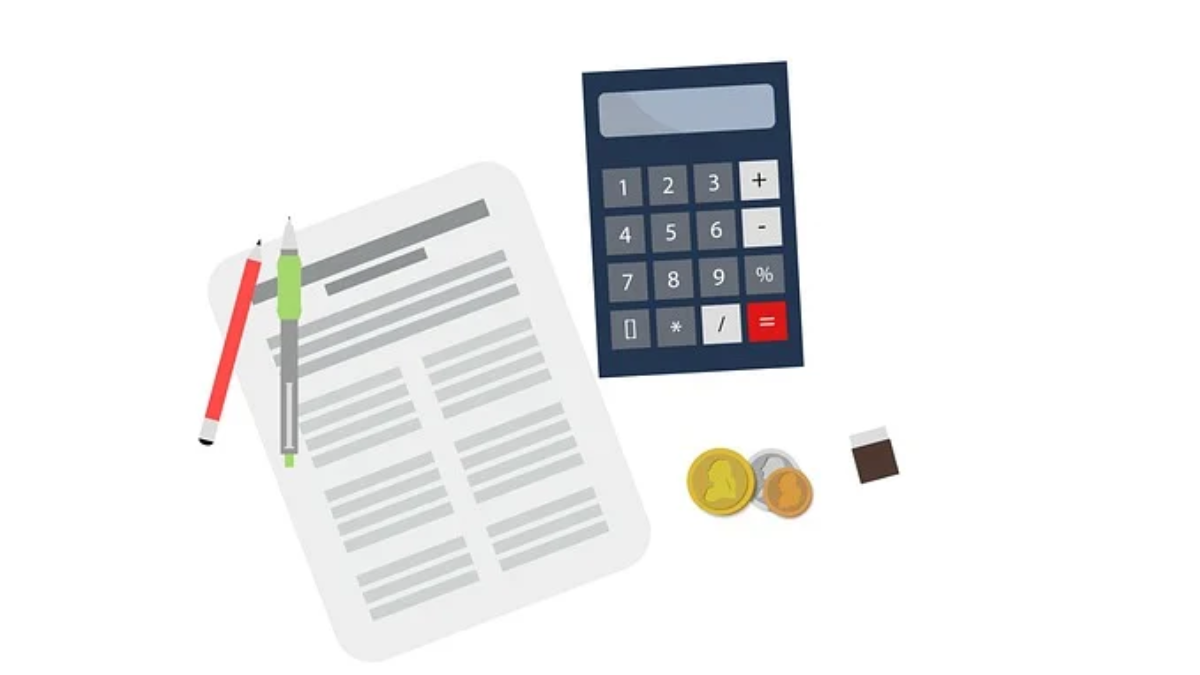
The Income Tax Department has announced updates to enable taxpayers to claim the Section 87A rebate through revised or belated Income Tax Returns (ITRs). This update applies to taxpayers filing ITR-2 and ITR-3 forms for the Financial Year (FY) 2023-24, corresponding to the Assessment Year (AY) 2024-25.
A notification issued on December 31, 2024, outlined that the updated filing utility will soon allow eligible taxpayers to claim their rebate via the e-filing portal. This development is a response to challenges posed by previous software restrictions and a directive from the Bombay High Court.
What Is Section 87A?
Section 87A offers a tax rebate for individual taxpayers whose income does not exceed specified thresholds:
| Tax Regime | Threshold | Rebate Amount |
|---|---|---|
| New Tax Regime | ₹7 lakh | ₹25,000 |
| Old Tax Regime | ₹5 lakh | ₹12,500 |
Eligible taxpayers can effectively reduce their tax liability to zero under these limits. However, the rebate does not apply to incomes taxed at special rates, such as short-term capital gains (STCG) under Section 111A.
Key Issues Addressed
The Income Tax Department’s updates aim to resolve issues caused by software restrictions introduced on July 5, 2024, which prevented taxpayers with special rate incomes from claiming the rebate. Many taxpayers received tax notices due to these limitations, particularly those filing returns via the e-filing portal.
Revised Filing Deadlines
The Bombay High Court recently directed the Central Board of Direct Taxes (CBDT) to extend the deadline for filing revised or belated ITRs until January 15, 2025. This extension ensures eligible taxpayers can claim the Section 87A rebate and avoid penalties. However, this is a temporary measure, with further decisions pending announcement on January 9, 2025.
Filing Options for Taxpayers
Eligible taxpayers can claim the Section 87A rebate using the following options:
- Revised ITR: Correct errors or omissions in previously filed returns.
- Belated ITR: File returns after the original due date but before the end of the assessment year.
These options are accessible via:
- The updated ITR utility software.
- The e-filing portal provided by the Income Tax Department.
Implications for Taxpayers
- Applicability of Forms:
- Only ITR-2 and ITR-3 are affected by this update.
- These forms cater to taxpayers with capital gains, business incomes, and other complex financial scenarios.
- Software Adjustments:
- The updated software will allow capital gains taxpayers to correctly report their incomes and claim eligible rebates.
- Tax Notices:
- Taxpayers who filed returns incorrectly due to prior software issues may now resolve discrepancies through revised filings.
High Court’s Intervention
The Bombay High Court emphasized that the procedural hurdles introduced by the Income Tax Department contradicted the purpose of the Section 87A rebate. The court’s directive ensures relief for affected taxpayers, providing clarity and fairness in the process.
A Public Interest Litigation (PIL) filed by The Chamber of Tax Consultants highlighted the impact of these issues, prompting the court to extend the deadline and seek immediate solutions.
How to Claim the Rebate
To ensure you claim the Section 87A rebate correctly:
- Verify Eligibility: Confirm your income falls within the prescribed limits for the old or new tax regime.
- Access Updated Utilities: Wait for the updated ITR-2 and ITR-3 forms to become available.
- File Revised Returns: Use the e-filing portal or utility software to submit corrected ITRs.
- Consult a Professional: Seek advice from a Chartered Accountant to avoid errors and optimize your filing process.
Conclusion
The updates to the ITR filing process for Section 87A rebates provide much-needed relief for taxpayers. By addressing previous software limitations and extending deadlines, the Income Tax Department aims to streamline the process and reduce unnecessary burdens. Taxpayers are encouraged to stay informed and utilize these updates to maximize their tax benefits.

